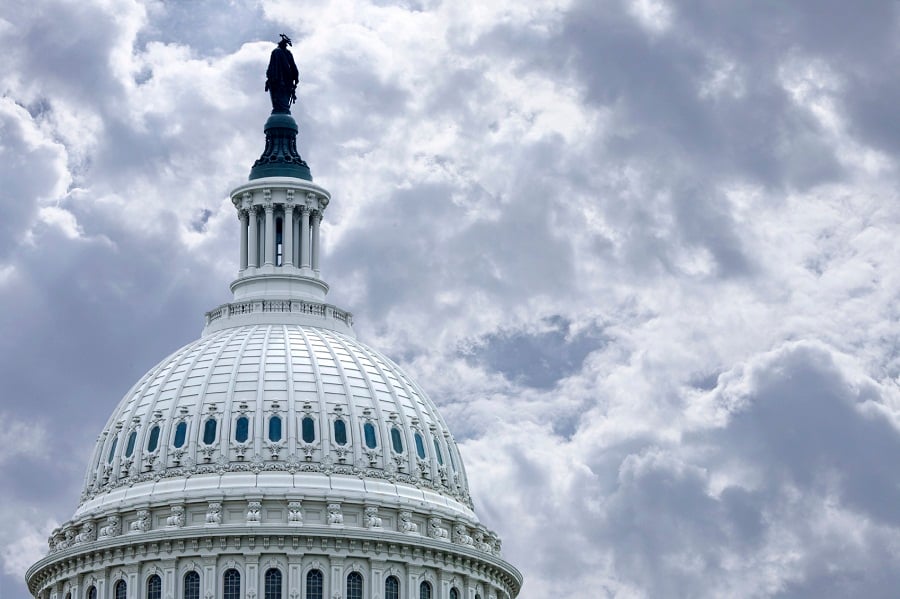

Investors would qualify to buy private securities if they pass an SEC test under legislation that gained strong bipartisan approval in the House Wednesday night.
Under the bill, the Equal Opportunity for All Investors Act, individuals would become certified as accredited investors after successfully completing an examination designed by the Securities and Exchange Commission and administered by the Financial Industry Regulatory Authority Inc.
The measure, which the House passed 383-18, is designed to expand the pool of accredited investors.
Under current rules, accredited, or sophisticated, investors are defined as those who make at least $200,000 annually or have a net worth of more than $1 million, not including the value of their home. An SEC rule in 2020 also extended accreditation to people who hold certain licenses, educational background or experience, such as investment advisors and brokers.
Many Republican and Democratic lawmakers want to widen the scope of sophistication to allow more people to invest in securities issued by start-up companies, real estate ventures and other entities that are not registered with the SEC. Proponents see it as a way for investors to diversify and increase returns in their portfolios.
But some legislators voiced concern that retail investors lack the knowledge and savvy to understand private placements, which tend to be opaque, risky and illiquid. The notion of an SEC test seemed to address worries about potential investor harm related to greater participation in private markets.
“This bill will solve the problem of people who are ready to invest who are not millionaires or billionaires, but they’re smart and they know how to determine what the risks are,” Rep. Maxine Waters, D-Calif., and ranking member of the House Financial Services Committee, said during House floor debate on the bill. “If they’re prepared to take them, then let them do so.”
The bill’s author, Rep. Mike Flood, R-Neb., said the definition of an accredited investor shouldn't be determined solely by an individual’s wealth.
“Instead, we should unlock opportunities for knowledgeable investors that may not come from means,” Flood said. “This bill strikes an effective balance. It brings more investors into the accredited investor pool but also contains guardrails that would filter out individuals that do not understand private offerings and the investment risks associated with them.”
The lead Democratic co-sponsor of the bill said an SEC test would open the door to private markets for investors of color.
“Underrepresented entrepreneurs often struggle to access capital, and they greatly benefit from a larger pool of diverse investors that look like them,” said Rep. Wiley Nickel, D-N.C.
The bill now goes to the Senate, where its legislative prospects are unclear. There is no companion bill in the Senate.

Integrated Partners is adding a mother-son tandem to its network in Missouri as Kestra onboards a father-son advisor duo from UBS.

Futures indicate stocks will build on Tuesday's rally.

Cost of living still tops concerns about negative impacts on personal finances

Financial advisors remain vital allies even as DIY investing grows

A trade deal would mean significant cut in tariffs but 'it wont be zero'.
RIAs face rising regulatory pressure in 2025. Forward-looking firms are responding with embedded technology, not more paperwork.
As inheritances are set to reshape client portfolios and next-gen heirs demand digital-first experiences, firms are retooling their wealth tech stacks and succession models in real time.
